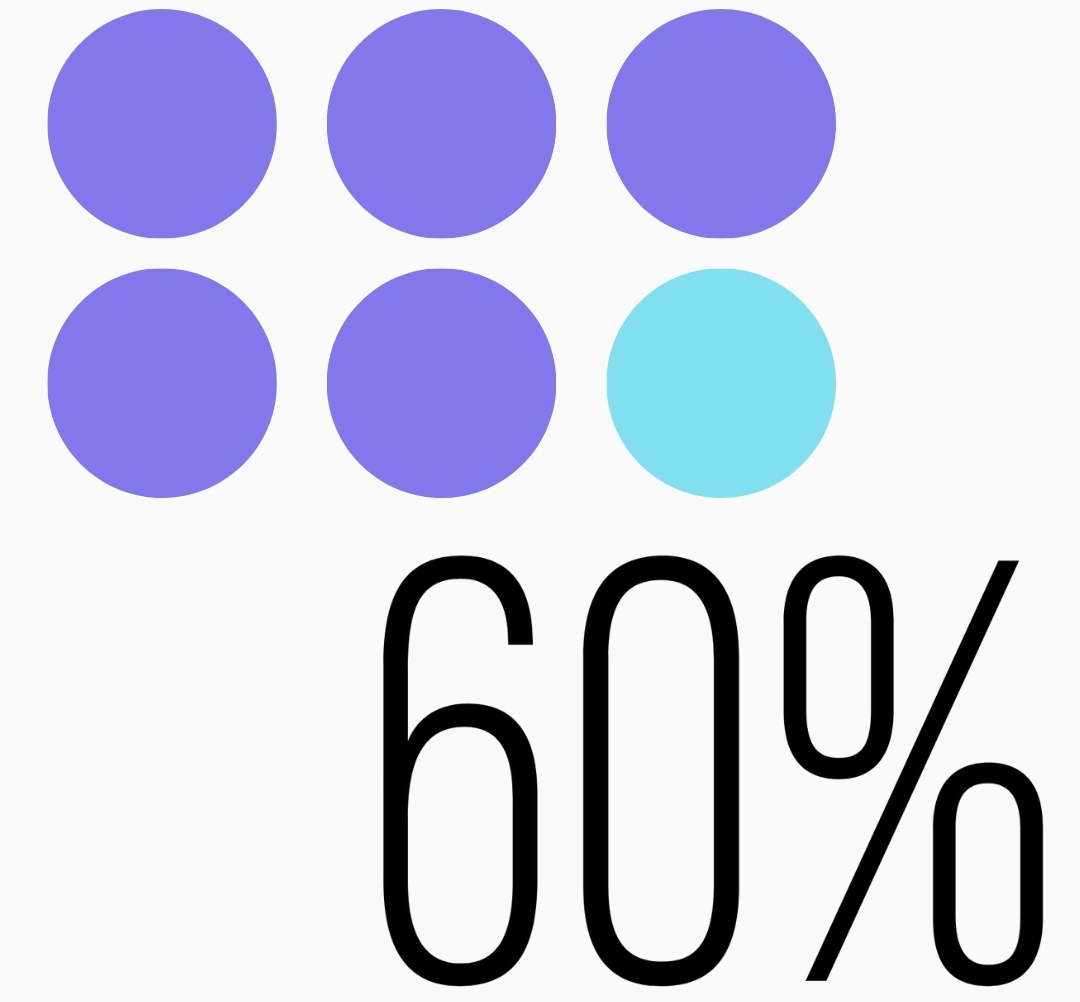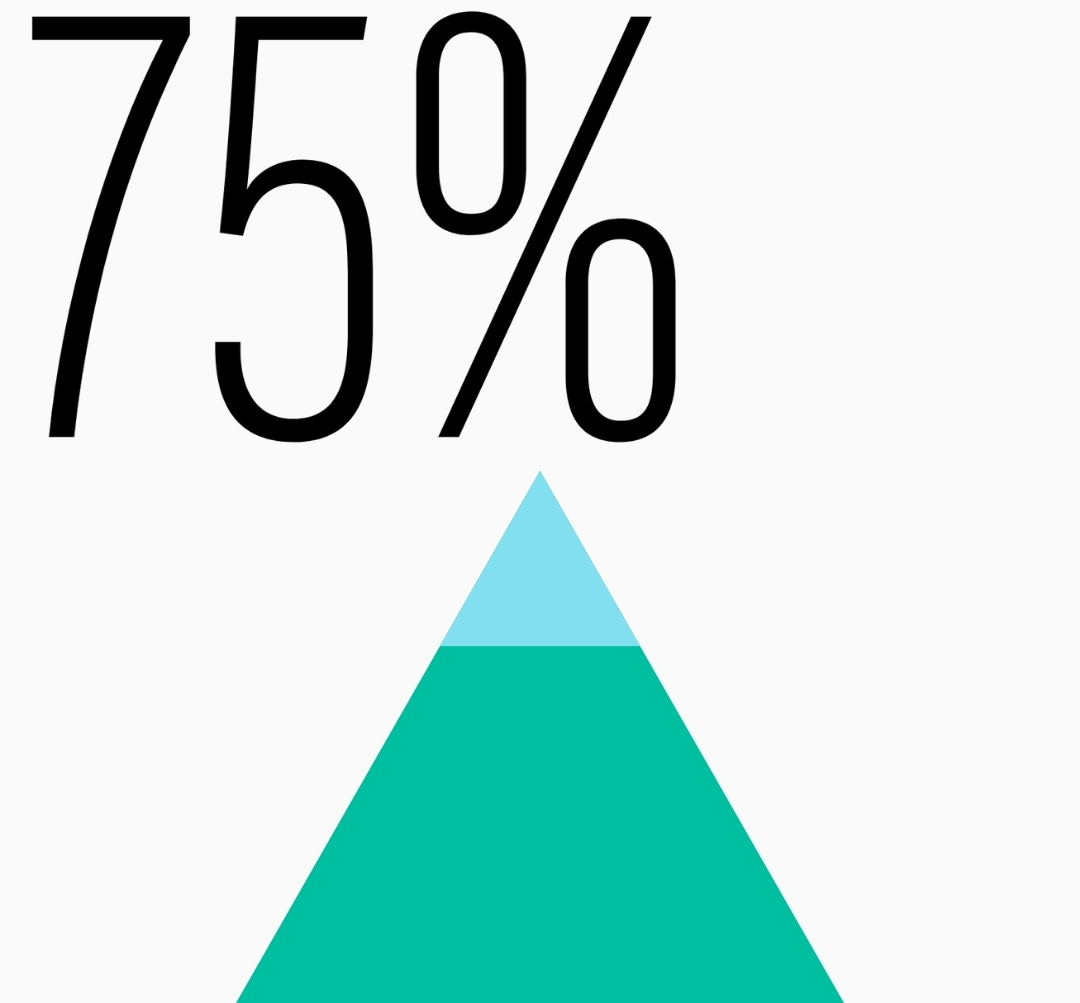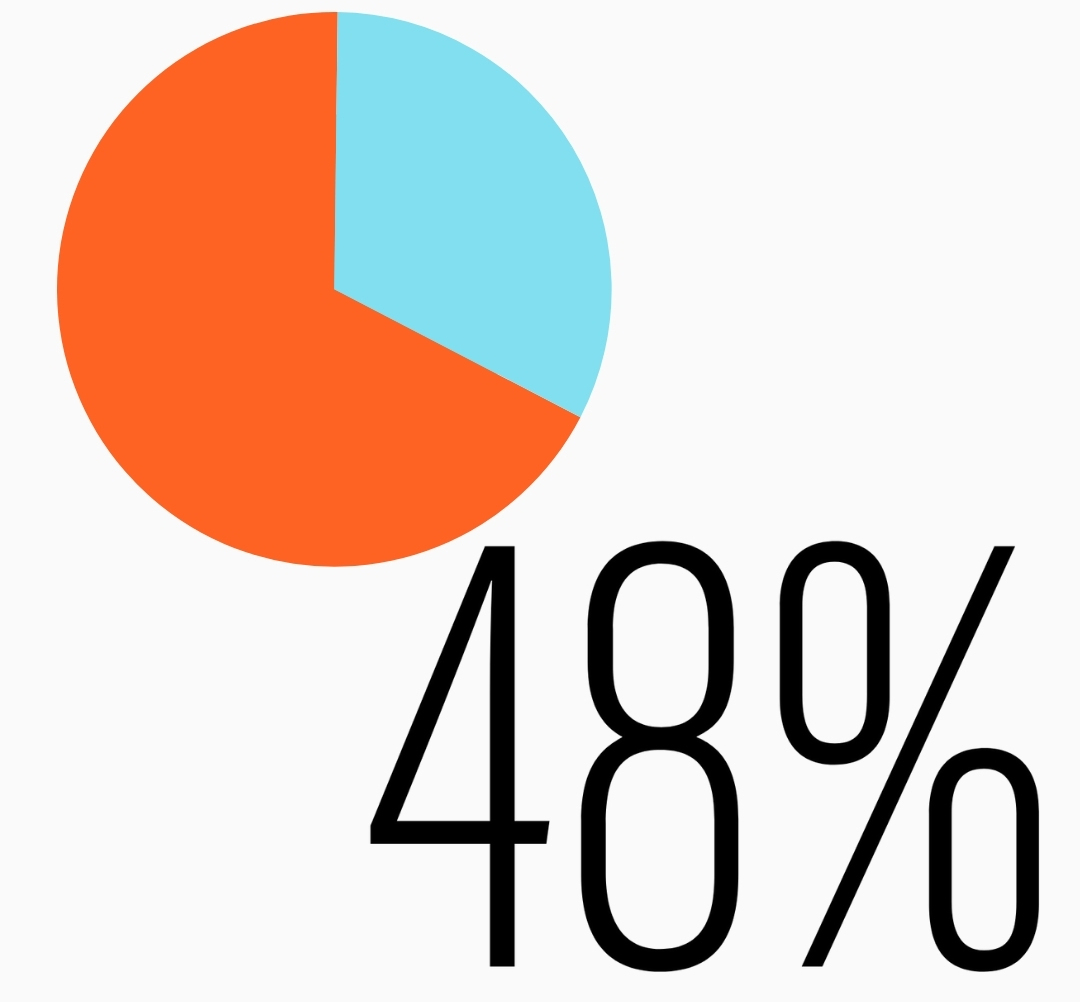Being a diverse company has come under scrutiny over the past decade. Issues such as a fair approach and ‘Positive Discrimination’ have built a lack of confidence for many. A recent GOV report surveyed employers and found the common challenges employers face are:
- Lack of accessibility to the results of D&I interventions
- Active initiatives for which there is little, no or conflicting evidence of results
- Little evaluation of D&I strategies
- Misinterpretation or misapplication of equalities legislation
We’ve outlined the key considerations when considering EDI to make the process less challenging.
What is EDI?
EDI stands for Equality, Diversity and Inclusion. Every business should have a policy that sets its EDI standards. It should be something you encompass in every aspect of your company, particularly, in your hiring.
Why is EDI important?
Removing the moral and lawful aspect of EDI when hiring, there are other benefits you should be mindful of:
How does EDI generate these kind of results?
EDI, when implemented in hiring, not only ensures legal compliance but also significantly boosts employee morale. This, in turn, leads to a more positive and productive work environment.
With diversity comes new perspectives and ideas for solutions. Equality gives everyone equal opportunities within the company to excel and grow. And inclusivity means everyone has the tools and resources available to carry out their duties regardless of their abilities.
The Chartered Institute of Personnel and Development (CIPD) says taking EDI seriously “leads to enhanced innovation, creativity, productivity, reputation, engagement, and business results.” With a 2021 report from Forrester showing a direct link between sales success and DE&I.
When you prioritise EDI, you are creating a culture where people feel included, appreciated, and safe, which will in turn increase their engagement. And by helping them bring as much of themselves and their abilities to work you will open the door to a more productive team.
When it comes to attracting the best talent, having a diverse team and robust EDI policies in place is not just a bonus – it’s a strategic advantage. It stands you out as an attractive employer among your competitors.
How do you hire with EDI in mind?
EDI when recruiting, is not just a tick-box exercise. It’s about having well-defined rules, policies, and procedures in place. Here’s practical tips on how to implement it:
Training
Providing adequate training for your hiring managers means there is no room for error or misjudgement. Keeping up with the different and new ways you carry out EDI can be challenging, which is why having a regular training programme in place is important.
Define your diversity goals
It’s crucial to define your diversity goals and share them with your hiring managers and recruitment team. Whether it’s increasing the number of women leaders, reporting on the ethnicity pay gap, or mitigating unconscious biases in recruitment, these goals should be a collective effort. Sharing and implementing EDI initiatives without an evidence base lead to a lack of understanding of their impact, making your team feel included and part of the process.
We understand that achieving true inclusivity requires more than good intentions; it demands a meticulous, data-driven approach. Acting as a strategic partner, our data-driven approach isn’t just about meeting diversity quotas; it’s about understanding the factors contributing to a truly inclusive workplace. We provide advice and insights that empower our clients to navigate the evolving recruitment landscape where diversity isn’t just a goal; it’s a reality that drives success.
Sources
- A focus on EDI can raise employee performance by 17%
- over 60% of workers say that acceptance and inclusion of employees is essential to them when searching for jobs
- 75% recognised innovative thinking with neurodivergent employees
- there is a 48% performance differential between the most and least gender-diverse companies




